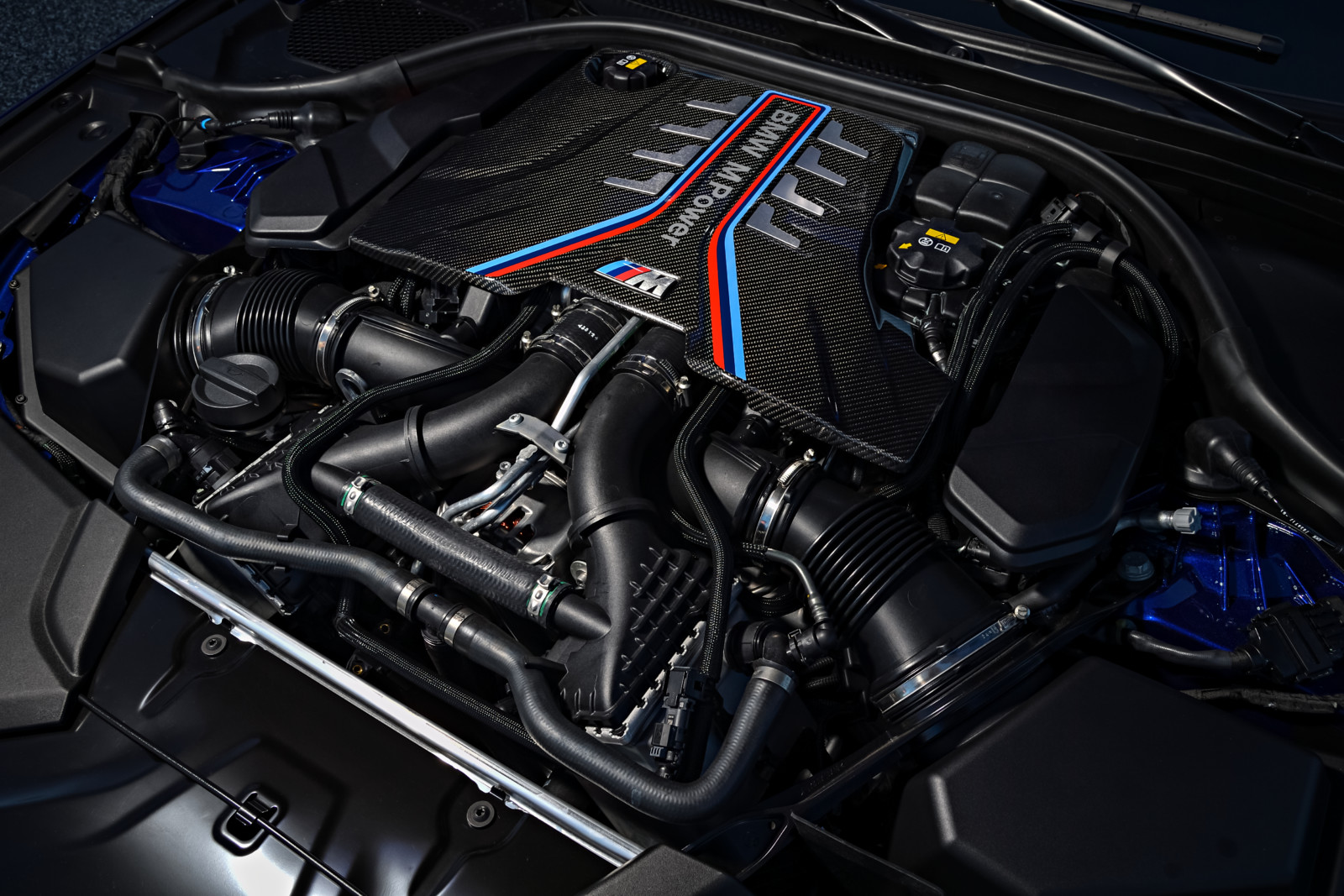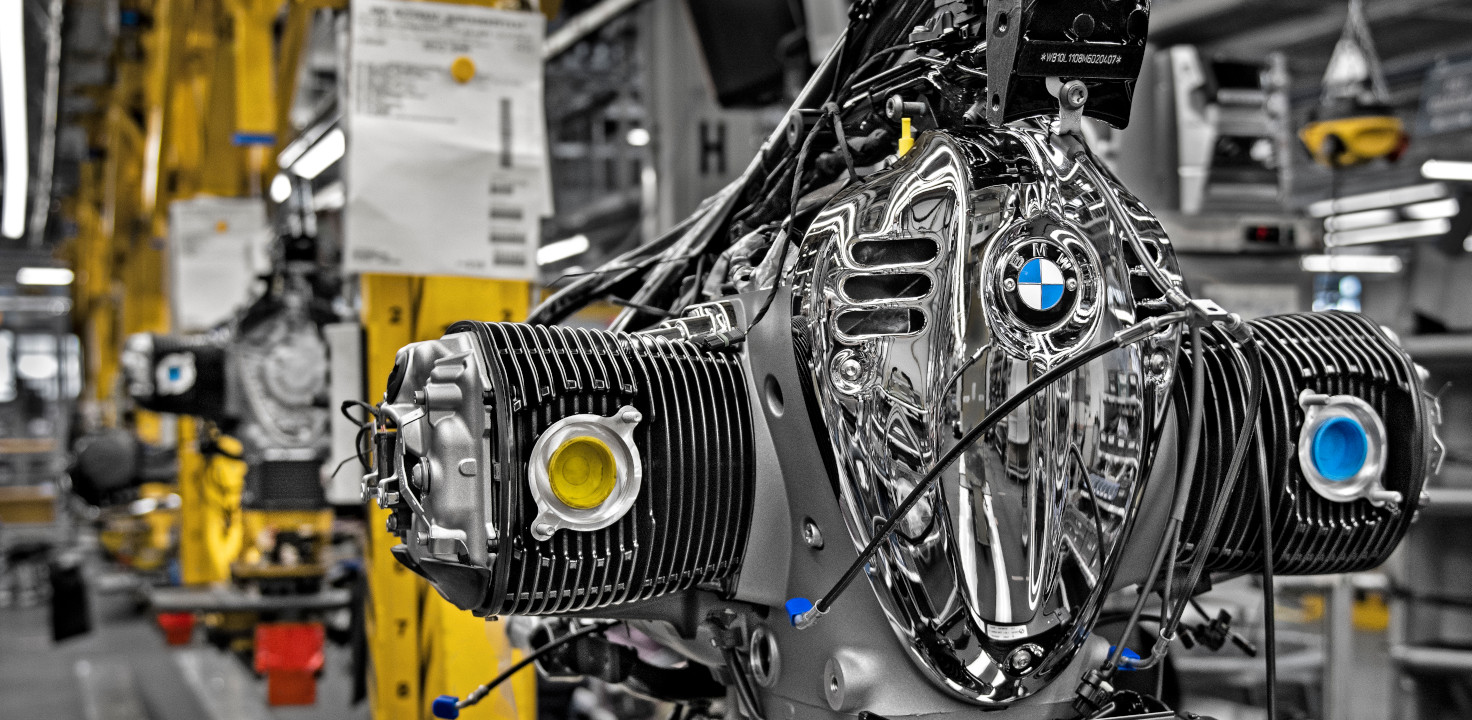Common Problems Dealt With by BMW Engine Owners and Just How to Address Them
Common Problems Dealt With by BMW Engine Owners and Just How to Address Them
Blog Article
Unveiling the Intricacies of Next-Generation Power Units: a Deep Dive Into Advanced Engine Developments and styles
In the world of automotive design, the unrelenting search of performance, efficiency, and sustainability has moved the evolution of power devices to extraordinary elevations. As we base on the precipice of a new era in transport, the details of next-generation engine styles bid us to check out the advanced modern technologies and technologies that assure to redefine the driving experience. From sophisticated products that press the limits of longevity and weight decrease to advanced turbocharging and supercharging systems that elevate power output to brand-new levels, each part of these power devices holds a vital to opening the future of automotive engineering. Delving much deeper right into the realms of exhaust control, smart engine management systems, and the horizon of power unit development, we discover ourselves on the cusp of a change that assures to improve the landscape of wheelchair as we understand it.
Advancement of Engine Products

The change in the direction of advanced engine materials has actually additionally made it possible for designers to design engines with greater power results while preserving gas effectiveness criteria. The usage of lightweight materials decreases the general weight of the engine, leading to boosted fuel economic situation and reduced emissions. In addition, innovations in materials modern technology have actually permitted far better thermal monitoring within engines, resulting in increased reliability and long life.
Turbocharging and Supercharging Technologies
How do Turbocharging and Supercharging Technologies reinvent engine performance and performance in modern-day vehicles? Turbocharging and supercharging are innovations that considerably enhance engine efficiency by increasing the amount of air consumption right into the burning chamber. Turbocharging accomplishes this by making use of a turbine driven by exhaust gases to pressurize the consumption air, while turbo charging makes use of a belt- or chain-driven compressor to accomplish the very same effect.
These modern technologies allow smaller, extra fuel-efficient engines to create power equivalent to bigger ones, referred to as downsizing. By requiring even more air into the cylinders, turbocharging and supercharging boost combustion performance, leading to raised horse power and torque output without a substantial increase in engine dimension. This results in far better acceleration, hauling ability, and overall driving performance.
Moreover, turbocharging and supercharging contribute to improved gas efficiency by permitting the usage of smaller engines that eat less fuel under typical driving problems - bmw engine. This mix of improved efficiency and efficiency has made turbocharging and turbo charging integral elements of several contemporary engine styles
Exhaust Control and Environmental Impact
With enhancing worldwide worries concerning air top quality and ecological sustainability, the application of discharge control innovations in cars plays a crucial role in decreasing dangerous toxins released right into the environment. Modern lorries are equipped with sophisticated emission control systems that aid minimize the environmental impact of automotive operations. Catalytic converters, for example, are designed to transform harmful gases such as carbon monoxide, nitrogen oxides, and hydrocarbons into less hazardous substances like carbon dioxide and water vapor.
Moreover, improvements in engine innovation, such as the combination of exhaust gas recirculation systems and careful catalytic reduction, have considerably contributed to lowering emissions. These modern technologies function in tandem to have a peek at this site enhance combustion efficiency and lessen the launch of damaging contaminants into the air. Furthermore, the growth of hybrid and electric vehicles stands for a vital action in the direction of decreasing the overall ecological footprint of the transportation field.
Intelligent Engine Management Equipment

In addition, these systems allow vehicles to satisfy stringent exhausts requirements without compromising efficiency, providing a more eco-friendly driving experience. The integration of expert system and maker knowing capacities in engine management systems proceeds to press the limits of what is feasible, bring about additional renovations in efficiency, dependability, and overall car performance. bmw engine. As vehicle modern technology developments, smart engine management systems will play a vital role fit the future of transport towards a more lasting and reliable direction
Future Trends in Power System Development
As intelligent engine administration systems pave the means for enhanced control and optimization in modern cars, future fads in power device development are poised to redefine the landscape of auto propulsion technologies. One of the essential patterns driving advancement in power device growth is the shift towards electrification. With an enhancing focus on sustainability and minimizing carbon exhausts, crossbreed and electrical powertrains are coming to be much more common in the vehicle market. These alternate source of power use boosted performance and efficiency while straightening with rigorous ecological guidelines.
An additional significant trend is the assimilation of advanced materials and manufacturing strategies. Lightweight products such as carbon fiber and light weight aluminum are being utilized to reduce total lorry weight, boosting gas effectiveness and efficiency. In addition, improvements in 3D printing and additive manufacturing are making it possible for the production of intricate engine components with greater accuracy and sturdiness.
Additionally, fabricated knowledge and artificial intelligence are playing a anchor critical function in optimizing power system efficiency. These innovations enable real-time tracking and adaptive control, causing more reliable and reputable power shipment. On the whole, future trends in power device development are geared towards sustainability, performance, and effectiveness, driving the automobile market towards a brand-new era of propulsion innovations.

Verdict
In verdict, the advancements in engine materials, turbocharging, discharge control, and smart management systems have led the way for next-generation power systems. The complex layouts and innovations in modern engines showcase the continuous advancement of automotive innovation.
Checking out the modern improvements in engine materials has actually been essential in boosting the performance and efficiency of modern engines. Over the years, the development of engine products has actually played an important function in pushing the limits of what engines can accomplish.The shift towards advanced engine materials has also enabled engineers to design engines with higher power outcomes while preserving gas performance criteria.The application of smart engine administration systems in modern automobiles has actually changed the method engines are managed and enhanced for efficiency and effectiveness. By collecting data in real-time and evaluating it with sophisticated formulas, smart engine administration systems can adapt to driving designs, environmental elements, and Learn More engine health to optimize power outcome while minimizing gas usage and exhausts.
Report this page